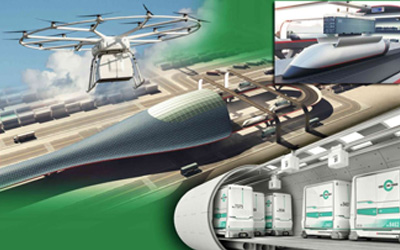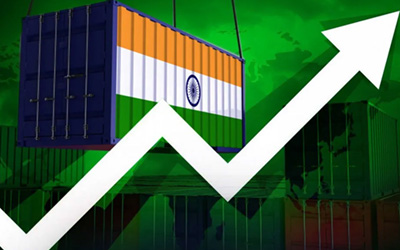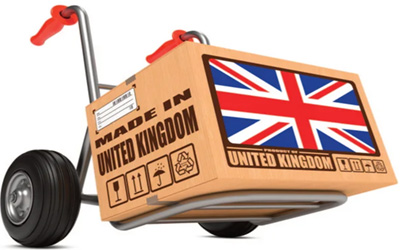The Future of Freight A Long-Term Plan
In today’s ever-evolving world, the future of freight transportation is a topic of great importance and intrigue. As industries continue to expand and globalize, the logistics and transportation sector must adapt to meet the growing demands efficiently. This article delves into the future of freight, exploring the trends and strategies that will shape the industry in the long term.
Adapting to Change
Challenges and Opportunities
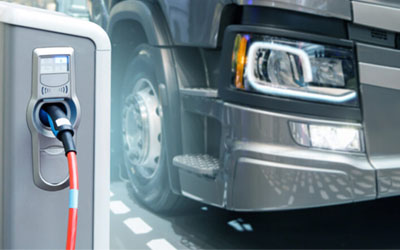 The freight industry is no stranger to change. It has weathered countless challenges over the years, from economic downturns to global pandemics. However, with each challenge comes an opportunity for growth and innovation. The future of freight lies in the hands of those who can adapt and embrace change.
The freight industry is no stranger to change. It has weathered countless challenges over the years, from economic downturns to global pandemics. However, with each challenge comes an opportunity for growth and innovation. The future of freight lies in the hands of those who can adapt and embrace change.
One of the key challenges facing the industry is the need for sustainability. As environmental concerns become increasingly prevalent, companies are under pressure to reduce their carbon footprint. This has led to a surge in eco-friendly initiatives, such as the development of electric and autonomous vehicles for freight transportation.
Technological Advancements
 In the digital age, technology plays a pivotal role in shaping the future of freight. Automation and artificial intelligence are revolutionizing the way goods are transported. Smart logistics systems can optimize routes, reduce fuel consumption, and minimize delivery times. This not only enhances efficiency but also reduces costs, making it a win-win for both businesses and consumers.
In the digital age, technology plays a pivotal role in shaping the future of freight. Automation and artificial intelligence are revolutionizing the way goods are transported. Smart logistics systems can optimize routes, reduce fuel consumption, and minimize delivery times. This not only enhances efficiency but also reduces costs, making it a win-win for both businesses and consumers.
Moreover, the Internet of Things (IoT) is transforming freight tracking and monitoring. Real-time data on cargo location and condition are now readily available, allowing for greater transparency and security in the supply chain.
Globalization and Connectivity
Supply Chain Integration
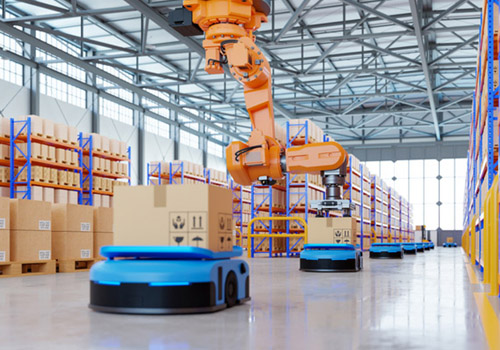 The future of freight is inherently tied to globalization. As companies expand their reach into international markets, supply chains are becoming more complex. To remain competitive, businesses must focus on supply chain integration. This involves streamlining operations, improving communication, and ensuring a seamless flow of goods from manufacturer to consumer.
The future of freight is inherently tied to globalization. As companies expand their reach into international markets, supply chains are becoming more complex. To remain competitive, businesses must focus on supply chain integration. This involves streamlining operations, improving communication, and ensuring a seamless flow of goods from manufacturer to consumer.
E-commerce Boom
The rise of e-commerce has had a profound impact on the freight industry. Online shopping has surged in popularity, leading to an increased demand for fast and reliable shipping services. To meet these demands, freight companies are investing heavily in last-mile delivery solutions, such as drones and autonomous delivery vehicles.
The Human Element
Skilled Workforce
While technology is driving many changes in the industry, the future of freight will still rely heavily on a skilled workforce. Truck drivers, warehouse workers, and logistics experts will remain essential to the smooth functioning of supply chains. However, the nature of these jobs may evolve as automation takes on more routine tasks, allowing workers to focus on higher-level responsibilities. Increasing wages and the standard of living.
Conclusion
The future of freight is a dynamic landscape, shaped by innovation, globalization, and environmental consciousness. To thrive in this ever-changing environment, companies must be agile, adaptable, and forward-thinking. Embracing technology, optimizing supply chains, and nurturing a skilled workforce will be key to long-term success in the freight industry.
As we look ahead, it’s clear that the future of freight holds both challenges and opportunities. Those who can navigate these waters with foresight and innovation will be well-positioned to lead the way in this vital sector of the global economy. The future of freight is not just a destination; it’s a journey of continuous evolution.
SARR Logistics UK
Reach out to us today and experience a seamless, efficient, and dependable shipping solution tailored to elevate your business. For further inquiries and to explore how SARR Logistics UK can revolutionize your shipping experience, contact our team and embark on a journey of unparalleled logistical efficiency.


